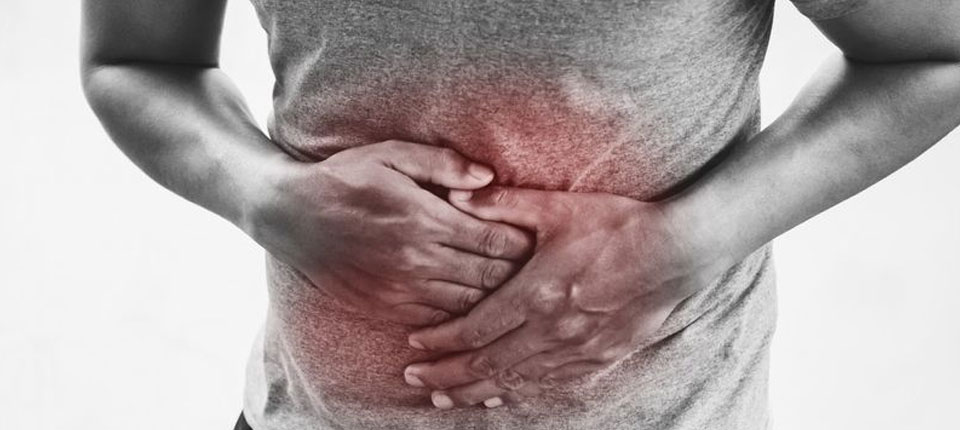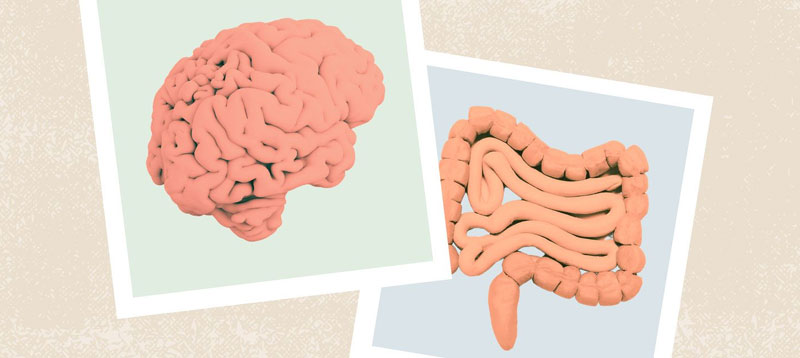
Whats the relationship between gut health & gastric diseases?
A fascinating topic! The relationship between gut health and gastric diseases is a complex and multifaceted one. Here's a breakdown of the connections:
Gut Health and Gastric Diseases: The Links
1. Gut-Brain Axis: The gut and brain are connected through the vagus nerve, which plays a crucial role in regulating gut motility, secretion, and blood flow. An imbalance in the gut microbiome can influence the brain-gut axis, leading to changes in gut function and potentially contributing to gastric diseases.
2. Microbiome Alterations: Studies have shown that alterations in the gut microbiome, such as changes in the composition of bacteria, are associated with various gastric diseases, including:
• Gastroesophageal reflux disease (GERD)
• Peptic ulcer disease (PUD)
• Irritable bowel syndrome (IBS)
• Gastritis (inflammation of the stomach lining)
3. Inflammation: An imbalance in the gut microbiome can lead to increased inflammation in the gut, which can contribute to gastric diseases. Inflammation can also damage the gut lining, leading to increased permeability and potentially triggering autoimmune responses.
4. Immunomodulation: The gut microbiome plays a crucial role in modulating the immune system. An imbalance in the gut microbiome can disrupt immune function, leading to increased susceptibility to gastric diseases.
5. Dysbiosis: The term "dysbiosis" refers to an imbalance in the gut microbiome, characterized by an overgrowth of pathogenic bacteria or a lack of beneficial bacteria. Dysbiosis has been linked to various gastric diseases, including GERD, PUD, and IBS.
6. Fermentation Products: The gut microbiome produces fermentation products, such as short-chain fatty acids (SCFAs), which can influence gut function and potentially contribute to gastric diseases. SCFAs can also affect gut motility, secretion, and blood flow.
7. Nutrient Absorption: The gut microbiome plays a crucial role in nutrient absorption and processing. An imbalance in the gut microbiome can lead to impaired nutrient absorption, potentially contributing to gastric diseases.

Examples of Gastric Diseases Linked to Gut Health:
1. Gastroesophageal Reflux Disease (GERD): An imbalance in the gut microbiome has been linked to GERD, which is characterized by frequent acid reflux and regurgitation.
2. Peptic Ulcer Disease (PUD): An imbalance in the gut microbiome has been linked to PUD, which is characterized by erosions or ulcers in the stomach lining.
3. Irritable Bowel Syndrome (IBS): An imbalance in the gut microbiome has been linked to IBS, which is characterized by chronic abdominal pain, bloating, and changes in bowel habits.
4. Gastritis: An imbalance in the gut microbiome has been linked to gastritis, which is characterized by inflammation of the stomach lining.
The relationship between gut health and gastric diseases is complex and multifaceted. An imbalance in the gut microbiome can contribute to various gastric diseases through mechanisms such as inflammation, immunomodulation, dysbiosis, fermentation products, and nutrient absorption. Understanding this relationship is crucial for developing effective treatments for gastric diseases and promoting overall health.
Do you have any specific questions or concerns about this topic? contact us now